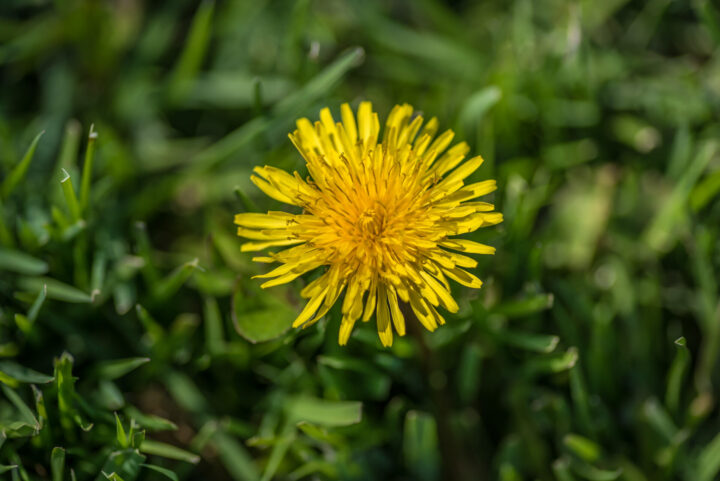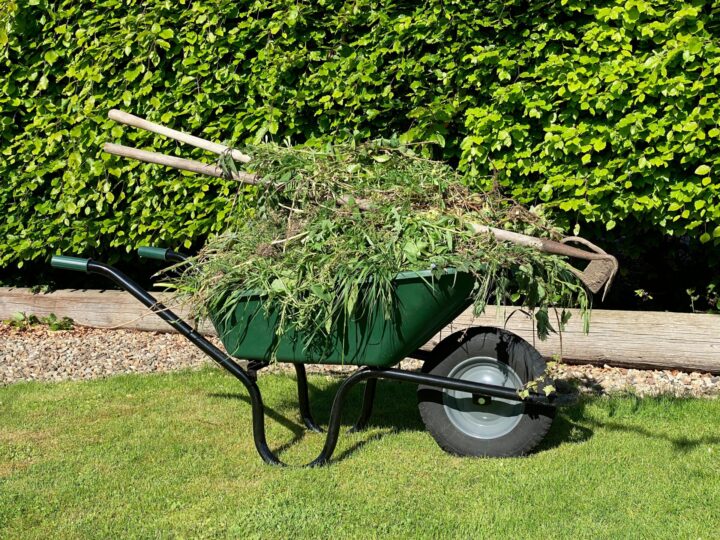Are weeds living their best life in your yard? Every spring we get a ton of calls!
Why? In this article we’ve identified the primary causes of this problem and we are here to help. Watch the quick video below or read on to get those weeds under control!
Are we getting more weeds this year?
Is it just us, or does it seems like we are getting more weeds than usual this spring?
Don’t worry; you’re not alone!

Your lawn is all about balance. More weeds, less grass – more grass, fewer weeds! Something is out of balance, but why?
- This spring has been mild, with low nighttime temperatures. While this means that soil temperatures are conducive to weed growth, it also means that turf isn’t growing as aggressively as it would in warmer conditions.
- Unfortunately, last year’s weather was also unfavorable for turf growth. With little rain, many lawns struggled to survive. This has left weakened or dead turf vulnerable to weed encroachment.
- Finally, it is common knowledge in the landscaping industry that there has been an epic war among the landscaping gods. The weed gods have allied with the weather gods to create a stronghold in Austin. Snowmageddon and Arborgeddon were both effective conspiracies crafted by these evil forces to conspire against your lawn.

Weed control tactics for Austin lawns
So what should we do about it? You may not like the answers:
- Consistently pull weeds in your yard – a little each week will make a difference. Hack: find some kids between 4 and 8 and pay them 5 cents per weed. They will each get at least 8 weeds before their attention span runs out. (Warning: they may also pull the good grass.)
- Start a fertilization and weed control program. Fertilization will help your turf grow and suffocate the weeds. Weed control will…control the weeds. But remember, this takes consistency and is most effective over a longer period.
That being said, even people on the program are still experiencing some weeds. A lot of the weeds will die as soon as the weather warms up.
Many of the weeds we are seeing are winter weeds that will suffer from the heat. Many of them will slowly disappear.
Prepare for glory!
Let us know when you’re ready to muster the full might of our fertilization and weed control program. Our trained experts are standing by to head the call… (512) 291-7050
*This blog was originally published on May 8, 2023.

